News 2024
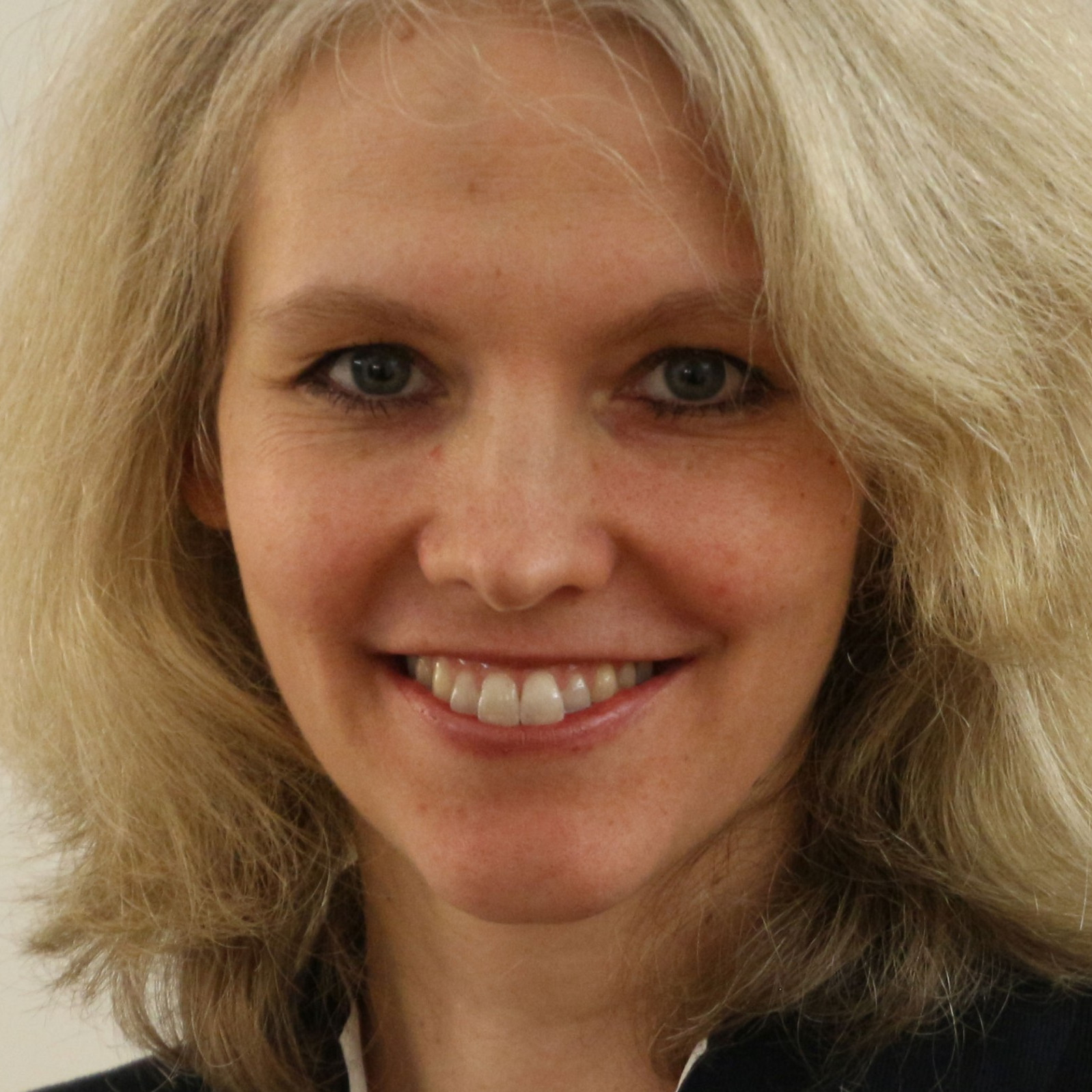
Bettina Valeska Lotsch receives the prestigious DFG prize - the highest scientific award in Germany.

On November 29, Römer prizes were awarded and diplomas were presented to the graduates of the Master's degree courses in Chemistry and Biochemistry.
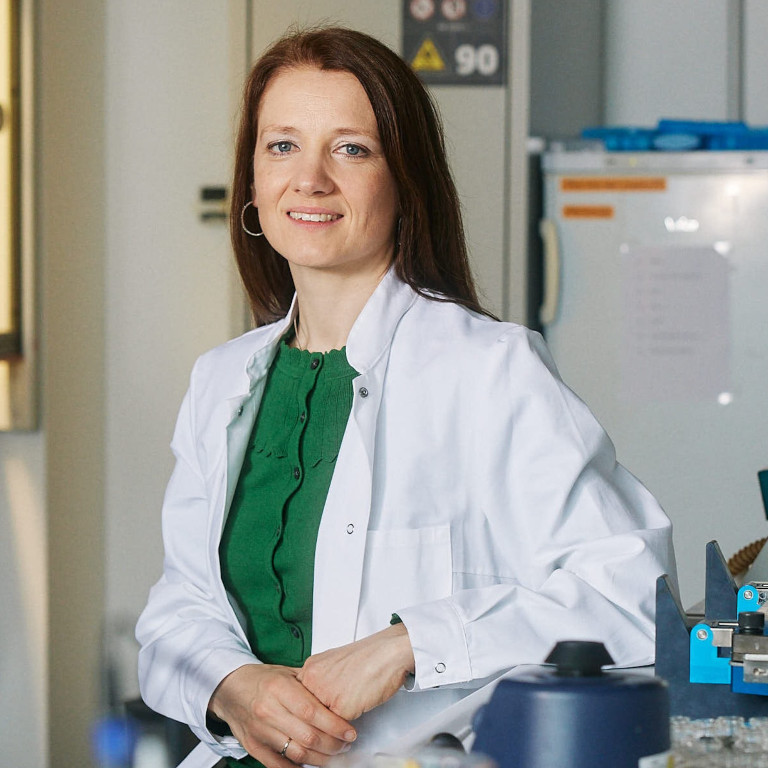
LMU researchers have investigated how cationic polymers organize on a molecular level when transporting RNA drugs.
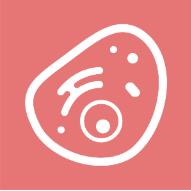
LMU researchers have discovered how the interplay between a key protein and an endolysosomal ion channel promotes tumor development in skin cancer.
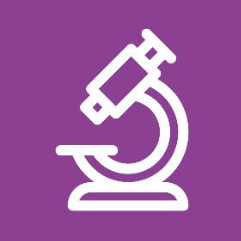
LMU researchers have developed a new method for capturing structural changes and interactions of DNA and proteins at high resolution.
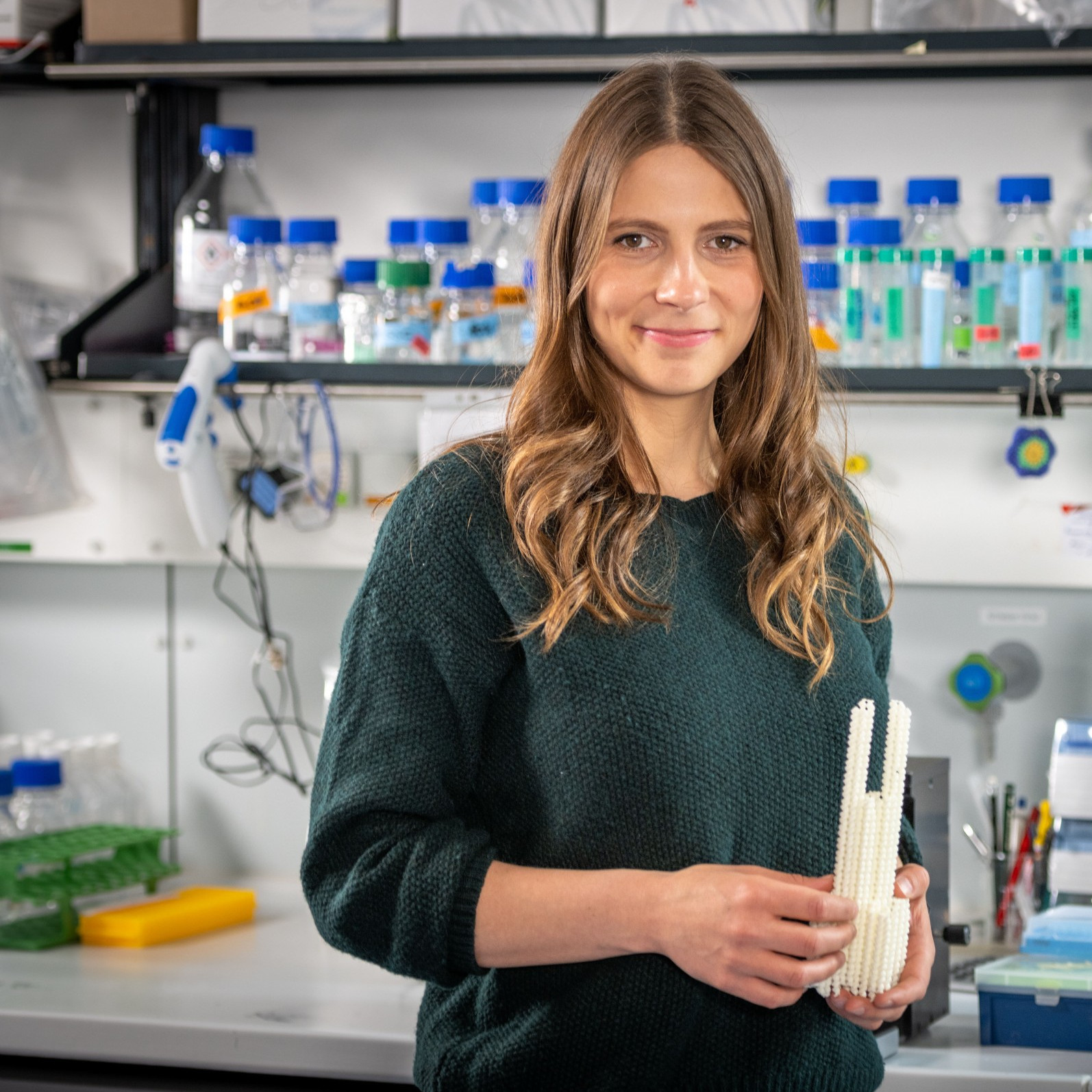
LMU researchers have developed a strategy that enables biosensors to be easily adapted for a wide range of applications.
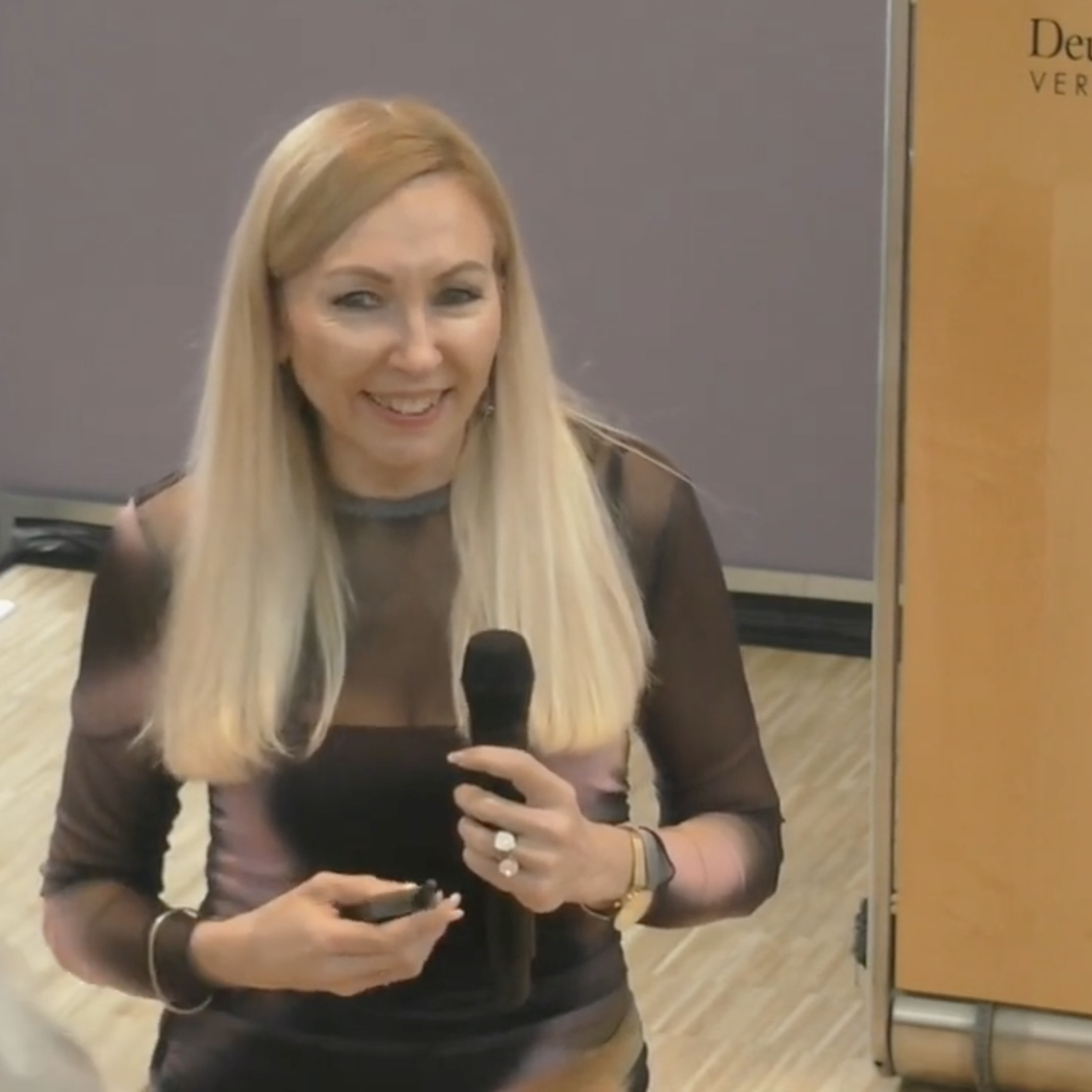
Live lecture by Prof. Ivana Ivanović-Burmazović at the Munich Science Days
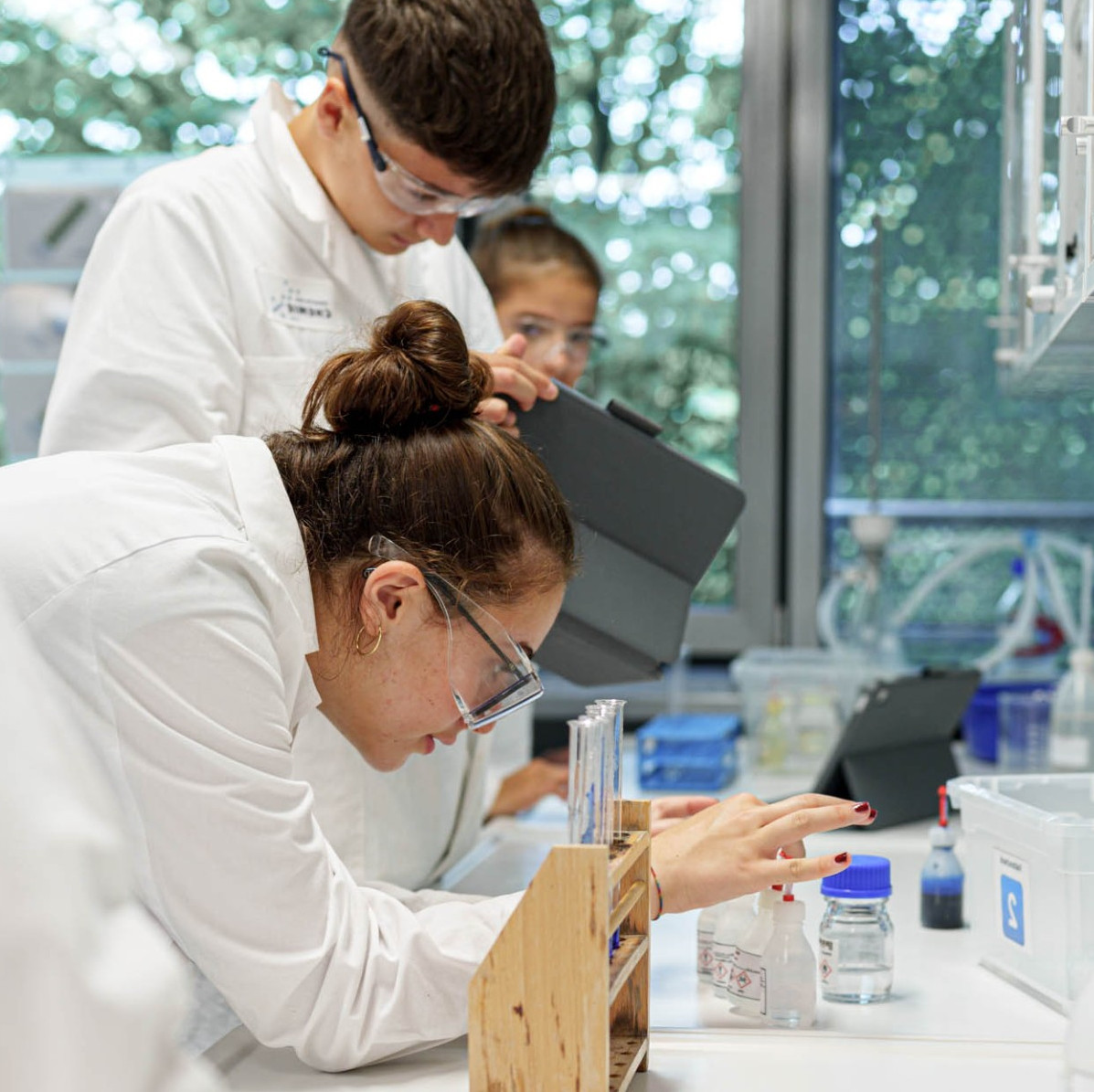
In Professor Silvija Markic's LMUchemlab, pupils can experience chemistry in an inclusive environment on their own terms.
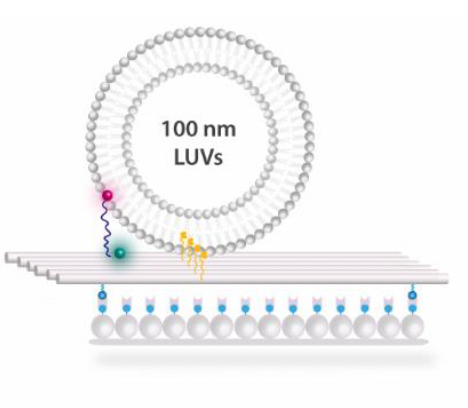
LMU chemists present two studies that open up new possibilities for biotechnological applications.
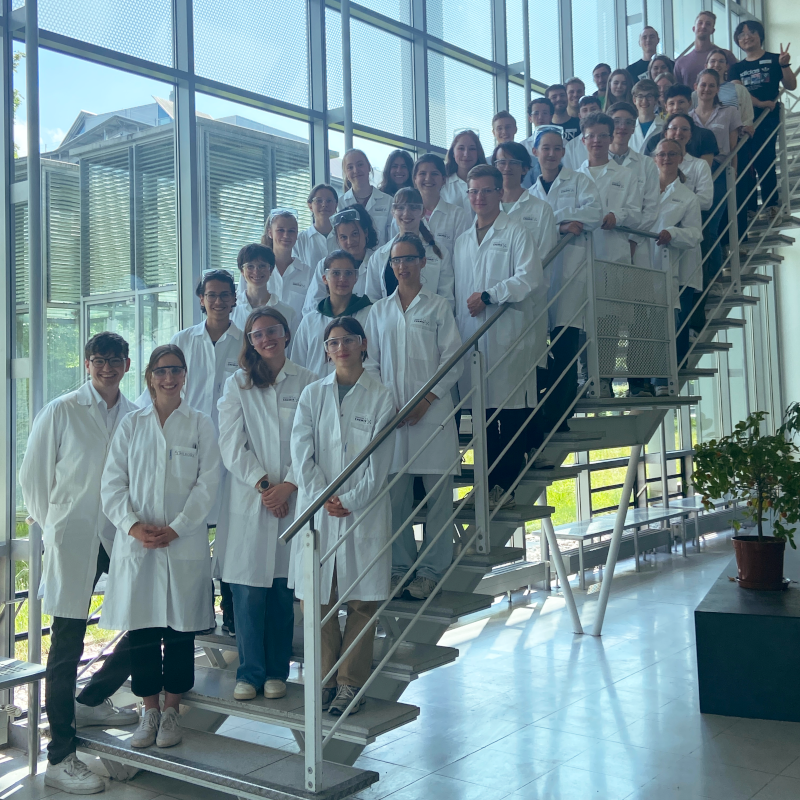
On 7 June, our faculty once again hosted the popular university day for pupils.
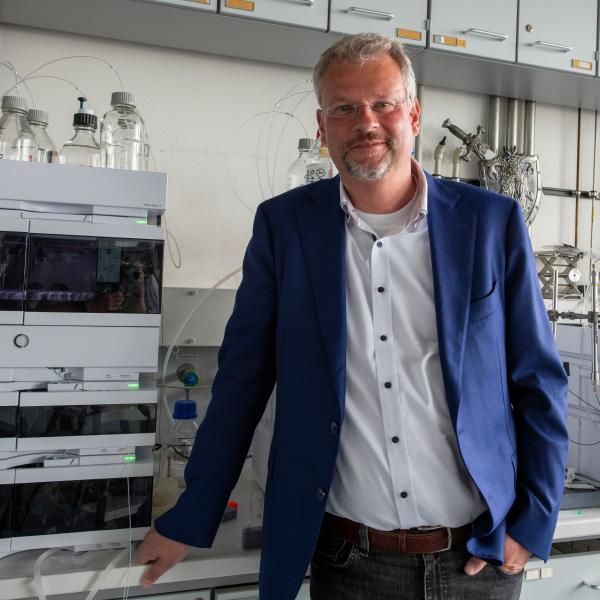
The LMU chemist has been awarded a grant from the European Research Council to develop a new active substance for the treatment of leukemia in high-risk patients.
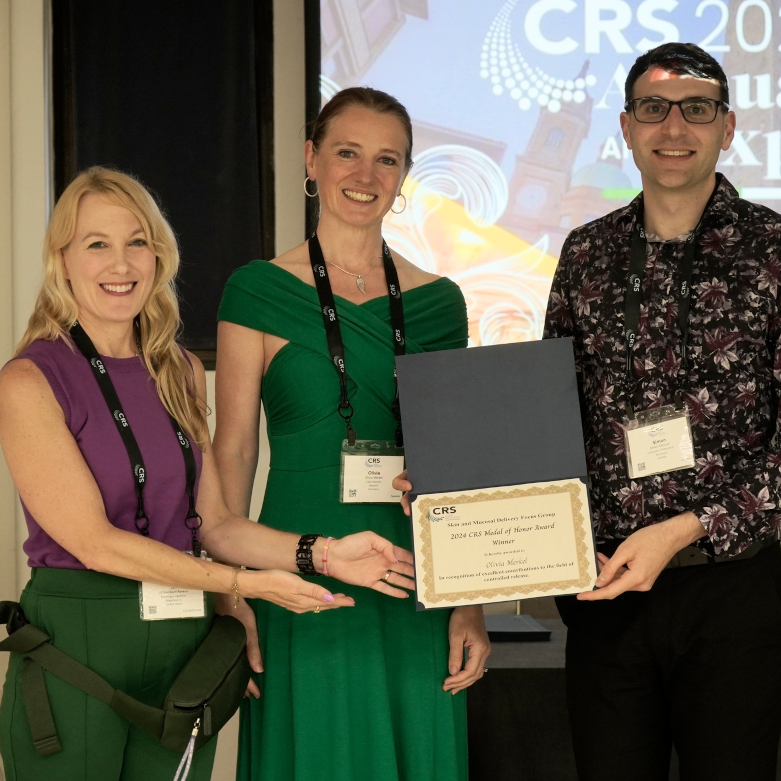
At its annual meeting in Italy, the Controlled Release Society (CRS) presented two awards to Prof Olivia Merkel for her services to the society.

The research group of LMU pharmacist Olivia Merkel has optimized the synthesis of polymer nanoparticles to facilitate the targeted distribution of RNA agents in the body.
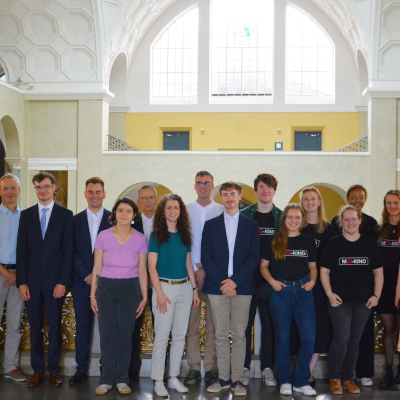
On the ‘Day for Good Teaching’ at LMU on 12 July, LMU research prizes for excellent students and LMU teaching innovation prizes for lecturers will be awarded.

Regina de Vivie-Riedle, born in Wuppertal in 1958, passed away after a long, serious illness on June 20, 2024 at the age of 66.
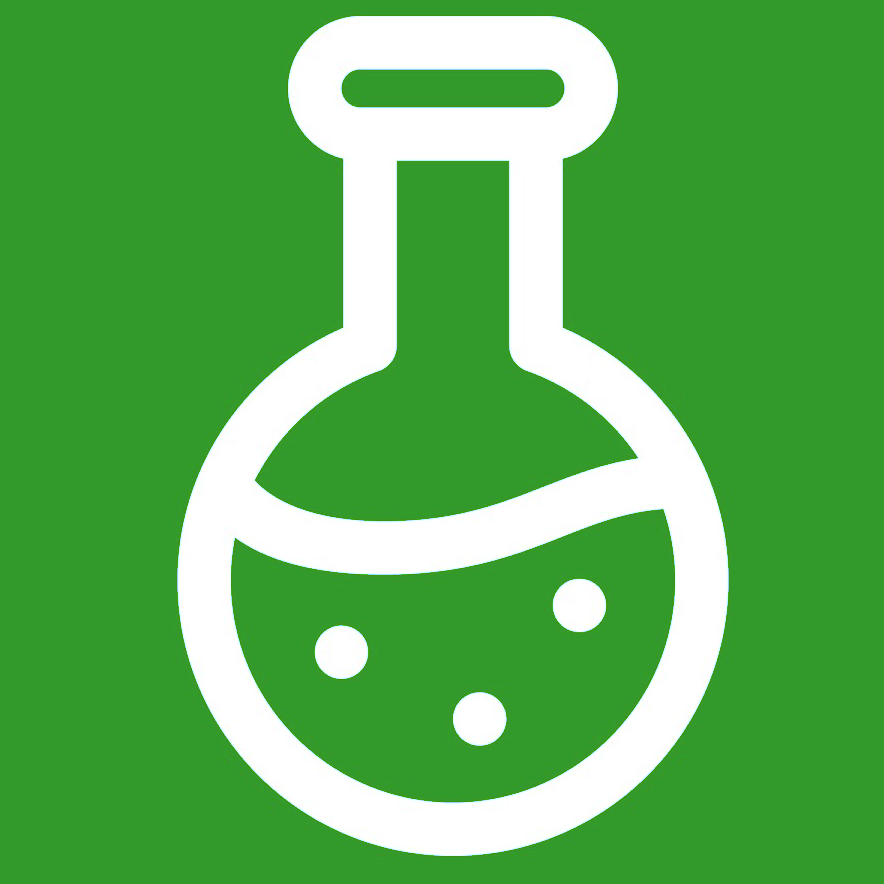
LMU chemists have successfully synthesized Ruddlesden-Popper nitrides for the first time, opening the door to new materials with unique properties.
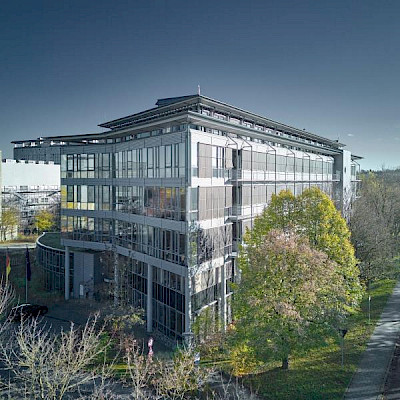
The Gene Center Munich stands for interdisciplinary top-level research. As the center turns 40, we interview its director Karl-Peter Hopfner, who recalls the most important stages in its history and talks about the challenges to come.
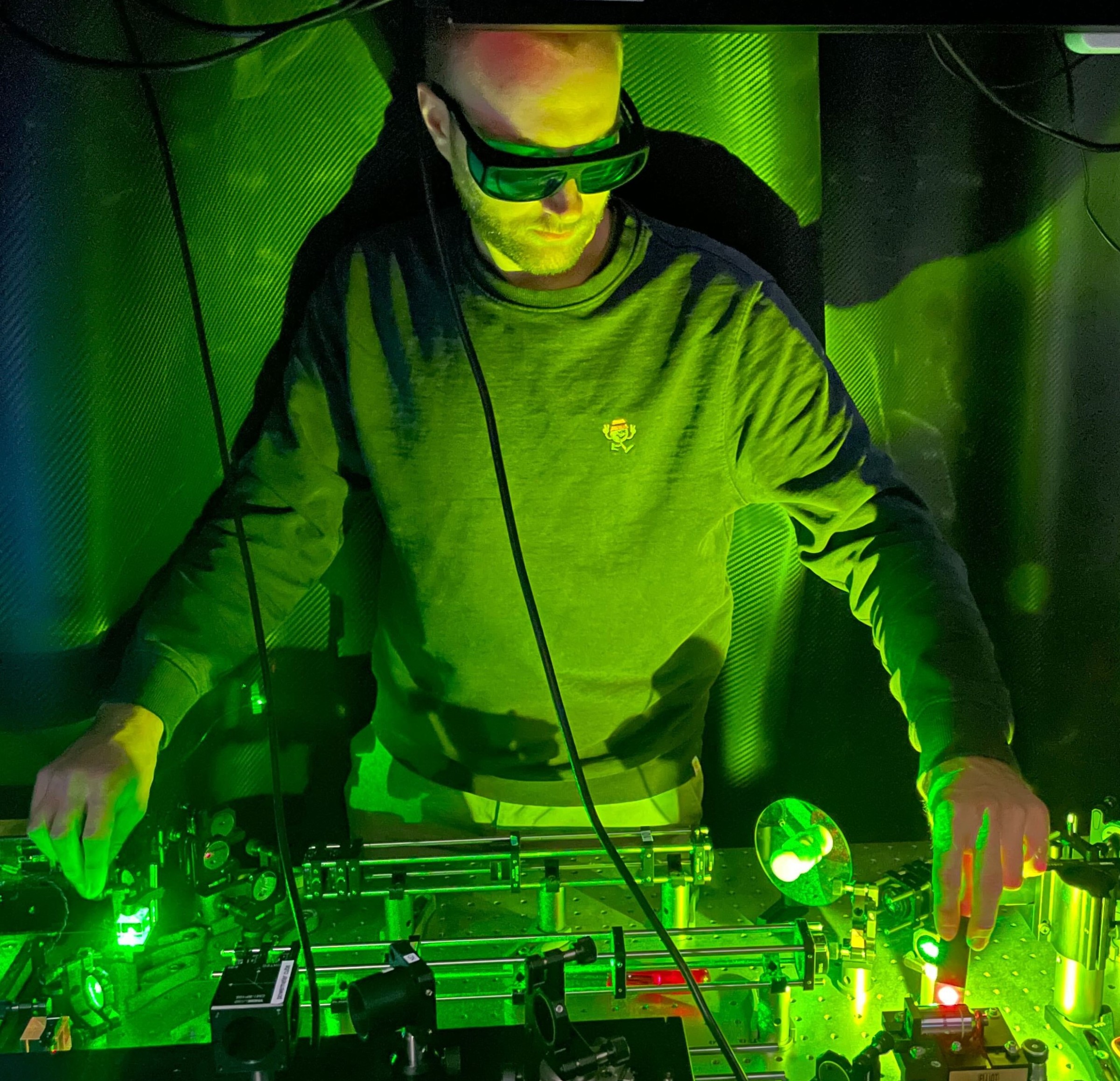
Eyes glued to a live transmission from inside a reaction vessel, LMU researchers watch chemical reactions at work. Their results will improve the manufacture of the next generation of energy materials.

Structural biologist Roland Beckmann renders the complex structures of ribosomes visible at the atomic level. In our interview, he talks about his research into the cellular protein factories.

LMU researchers have deciphered the complex interplay of various enzymes around the innate immune receptor toll-like receptor 7 (TLR7), which plays an important role in defending our bodies against viruses.
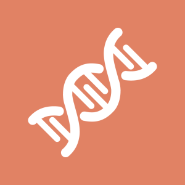
LMU researchers decipher how an enzyme modifies the genetic material in the cell nucleus.
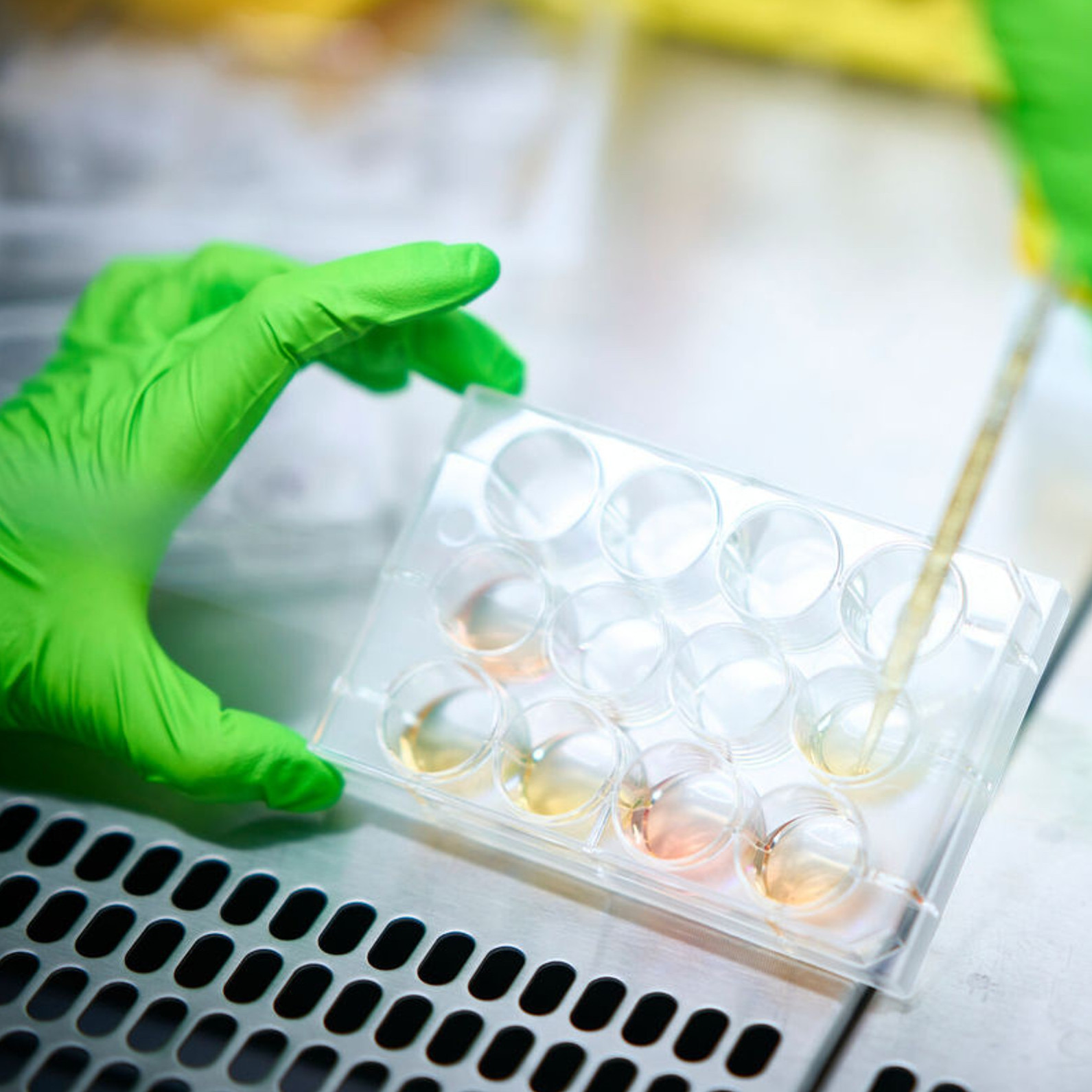
LMU researchers decode repair mechanism during transcription of genetic information

Andreas Kornath, born in Bergkamen in 1965, passed away on March 5, 2024 at the age of 58.
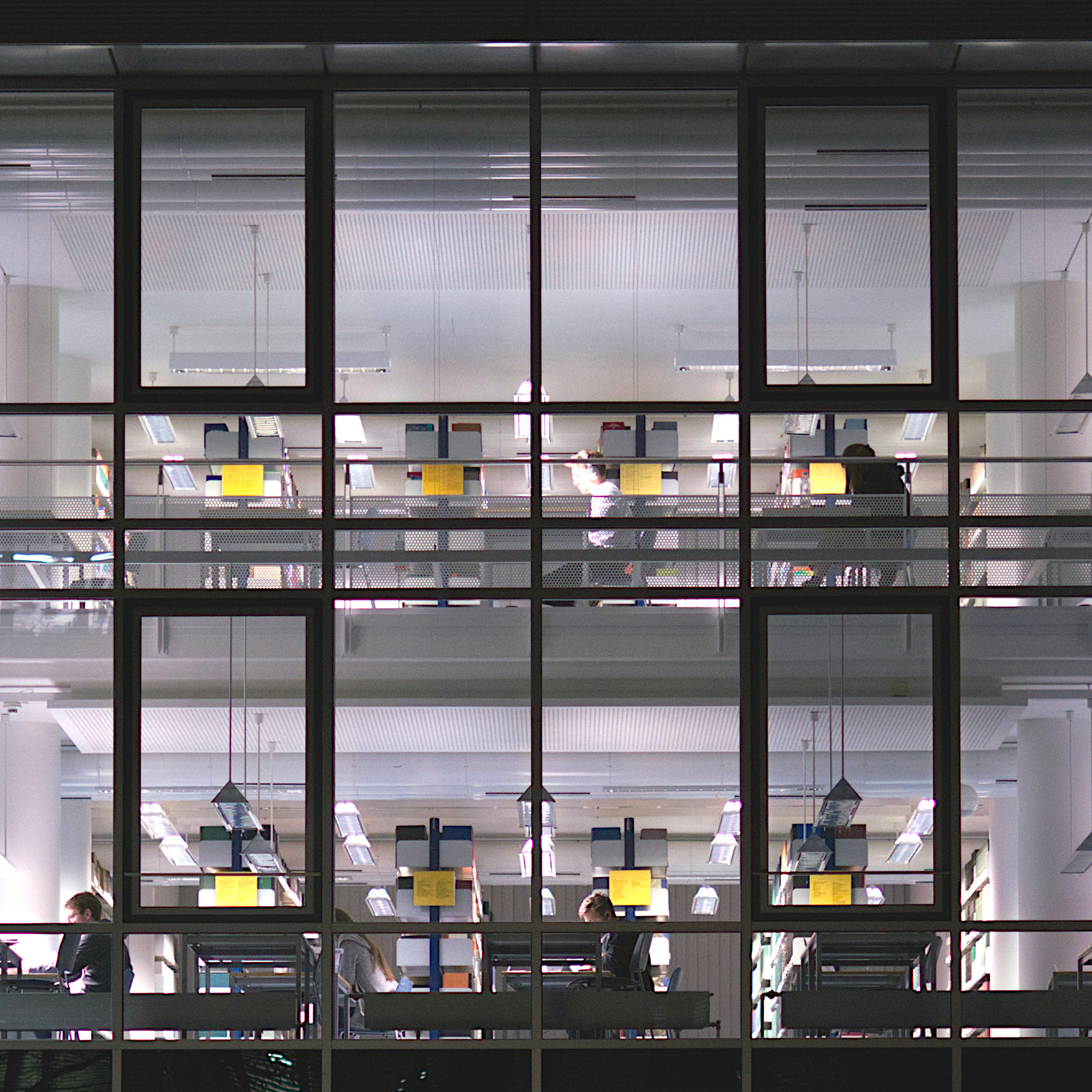
Following a decision by the Faculty Library Commission, LMU's Chemistry and Pharmacy Library has joined the Open Access (OA) transformation agreement for Germany negotiated between TIB Hannover (consortium leader) and the Royal Society of Chemistry (RSC) in 2024.
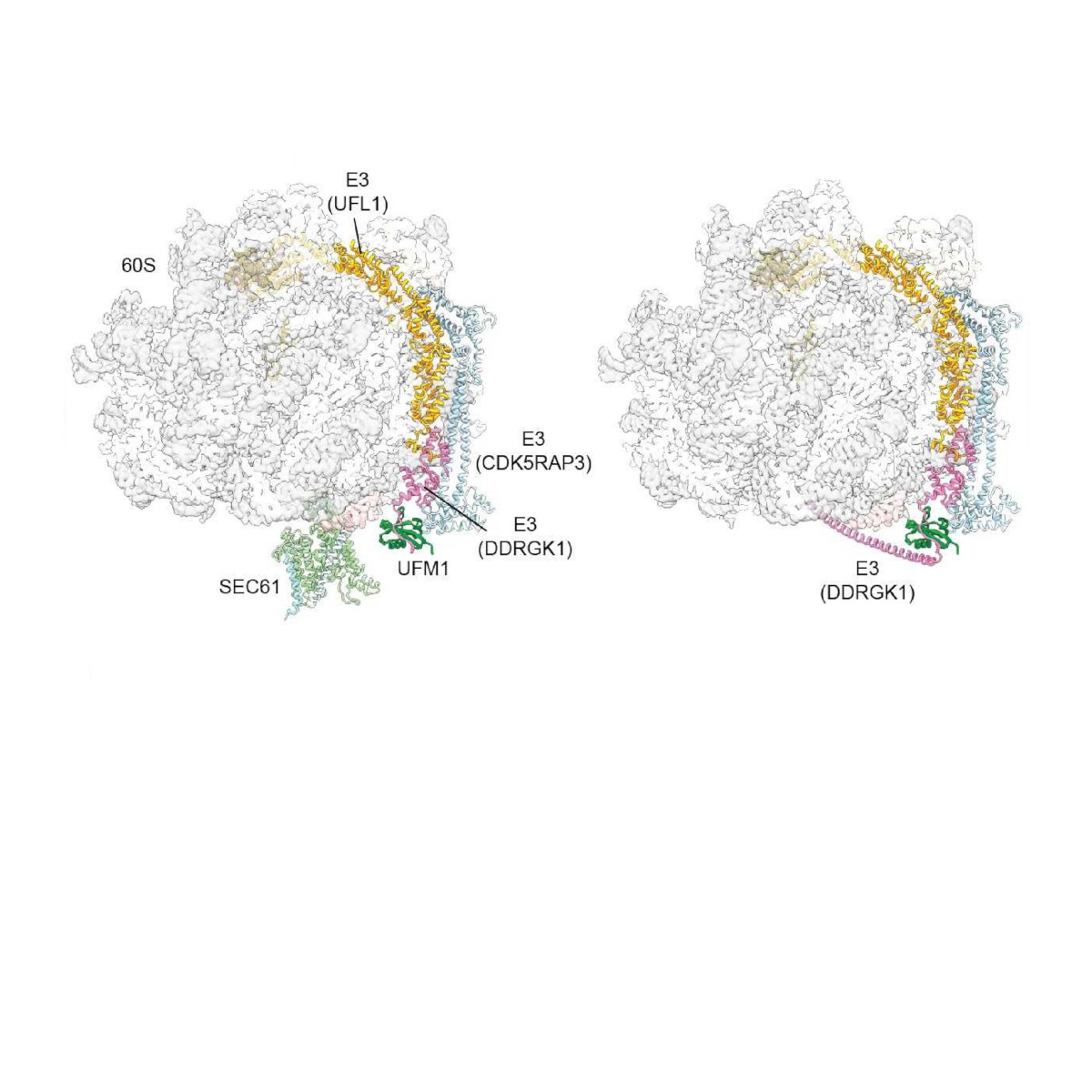
Researchers at LMU and Stanford University reveal how cells regenerate protein factories at endoplasmic reticulum.
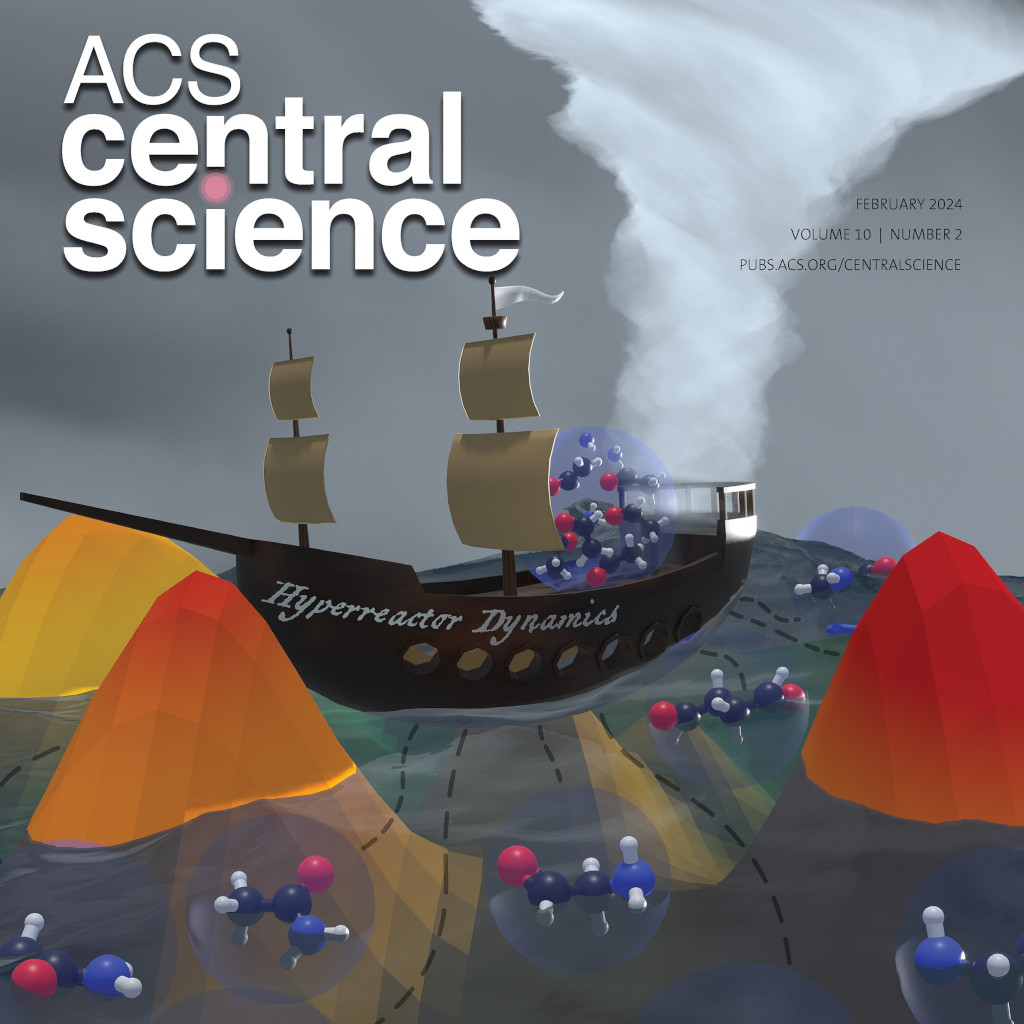
Using a so-called computational hyperreactor, LMU chemists have managed to calculate highly complex chemical reaction networks efficiently under realistic conditions.
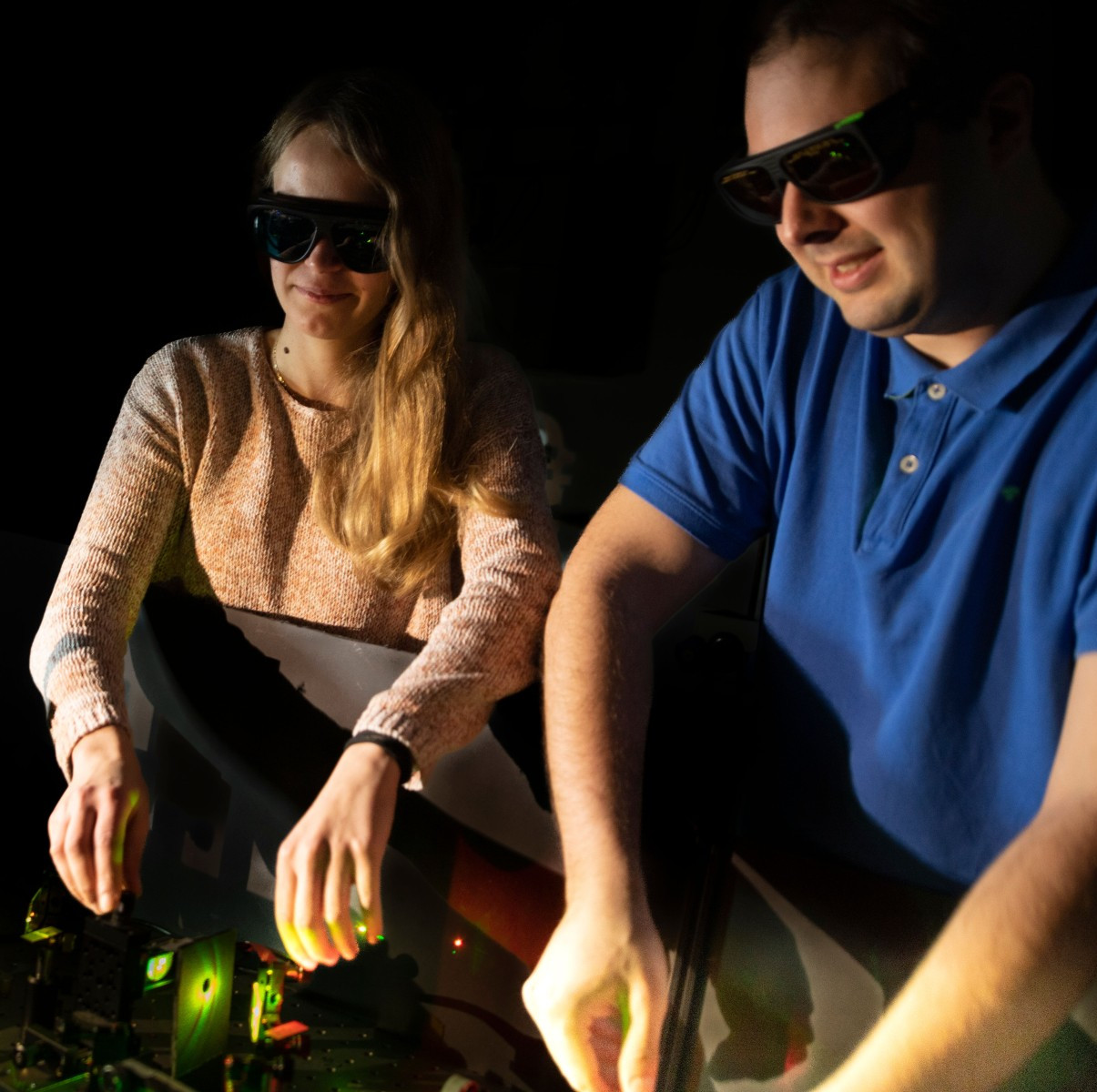
Researchers at LMU have developed an innovative method to simultaneously track rapid dynamic processes of multiple molecules at the molecular scale.
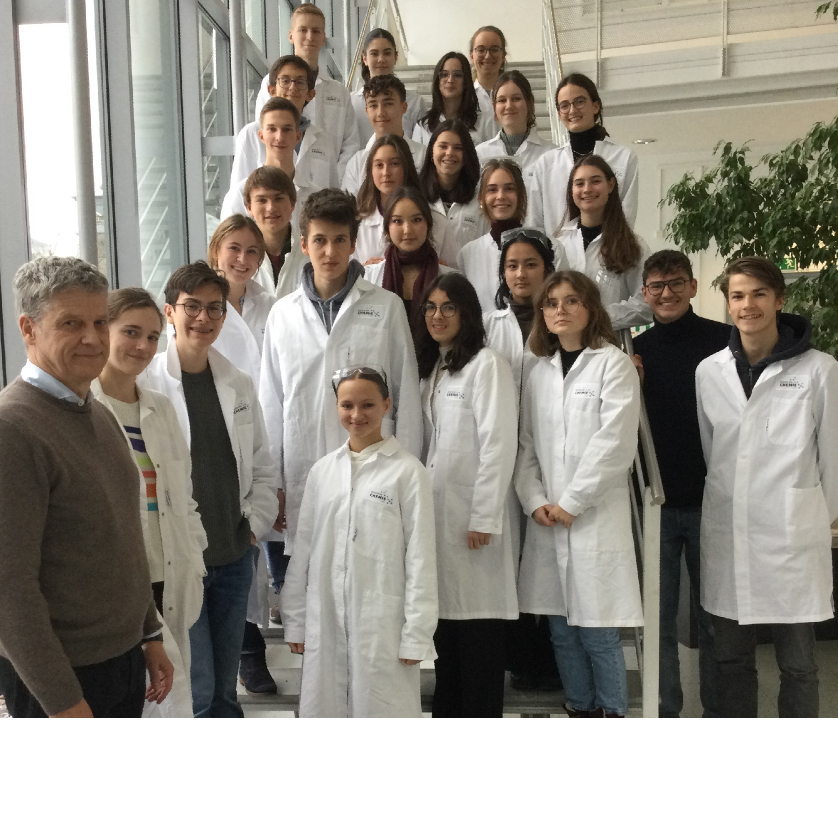
On December 8, 2023, a group of students visited our faculty as part of LMU's University Day.